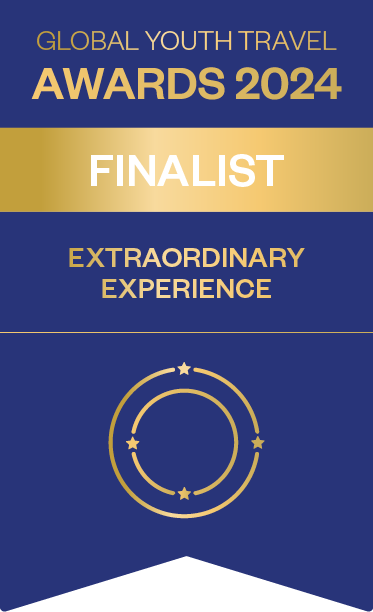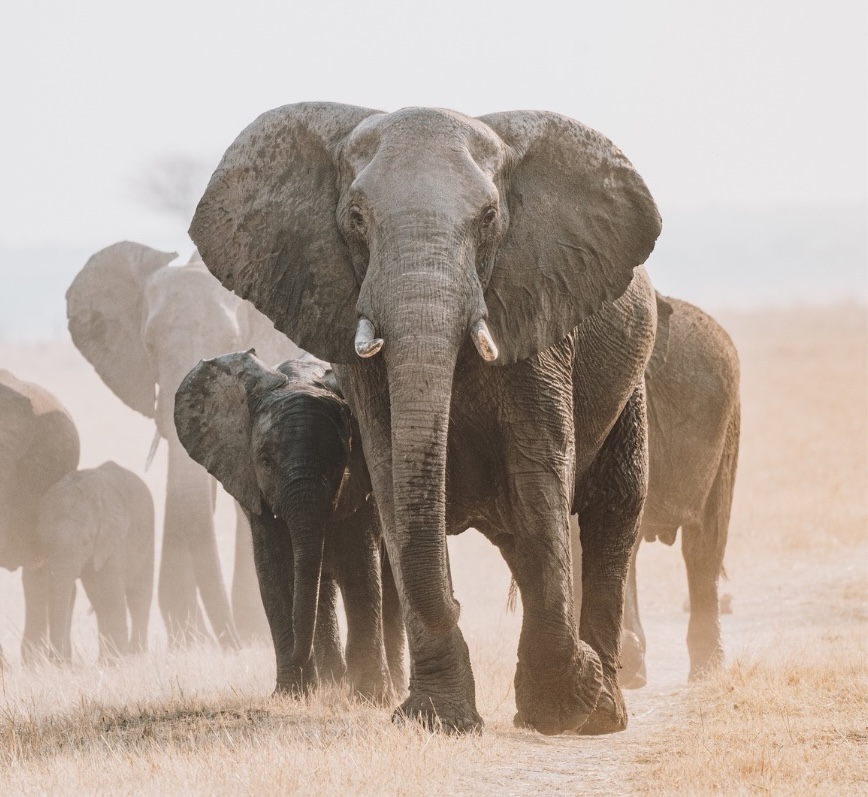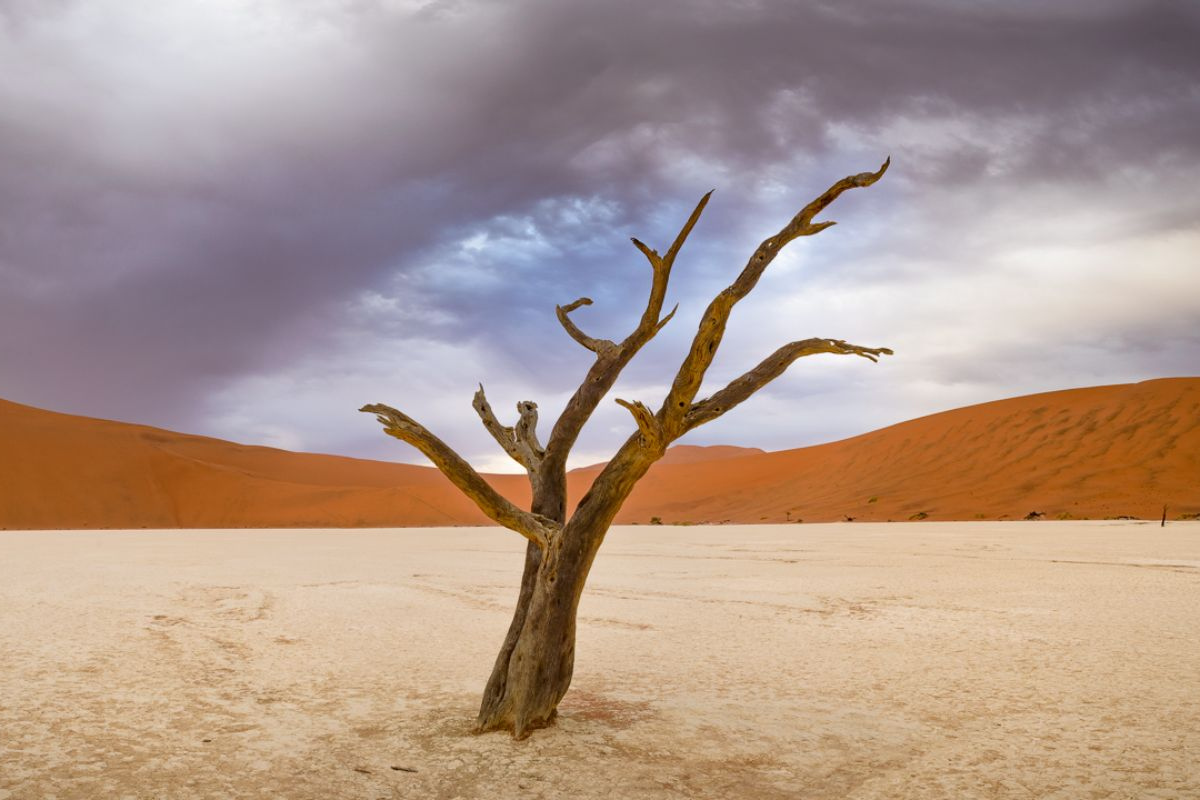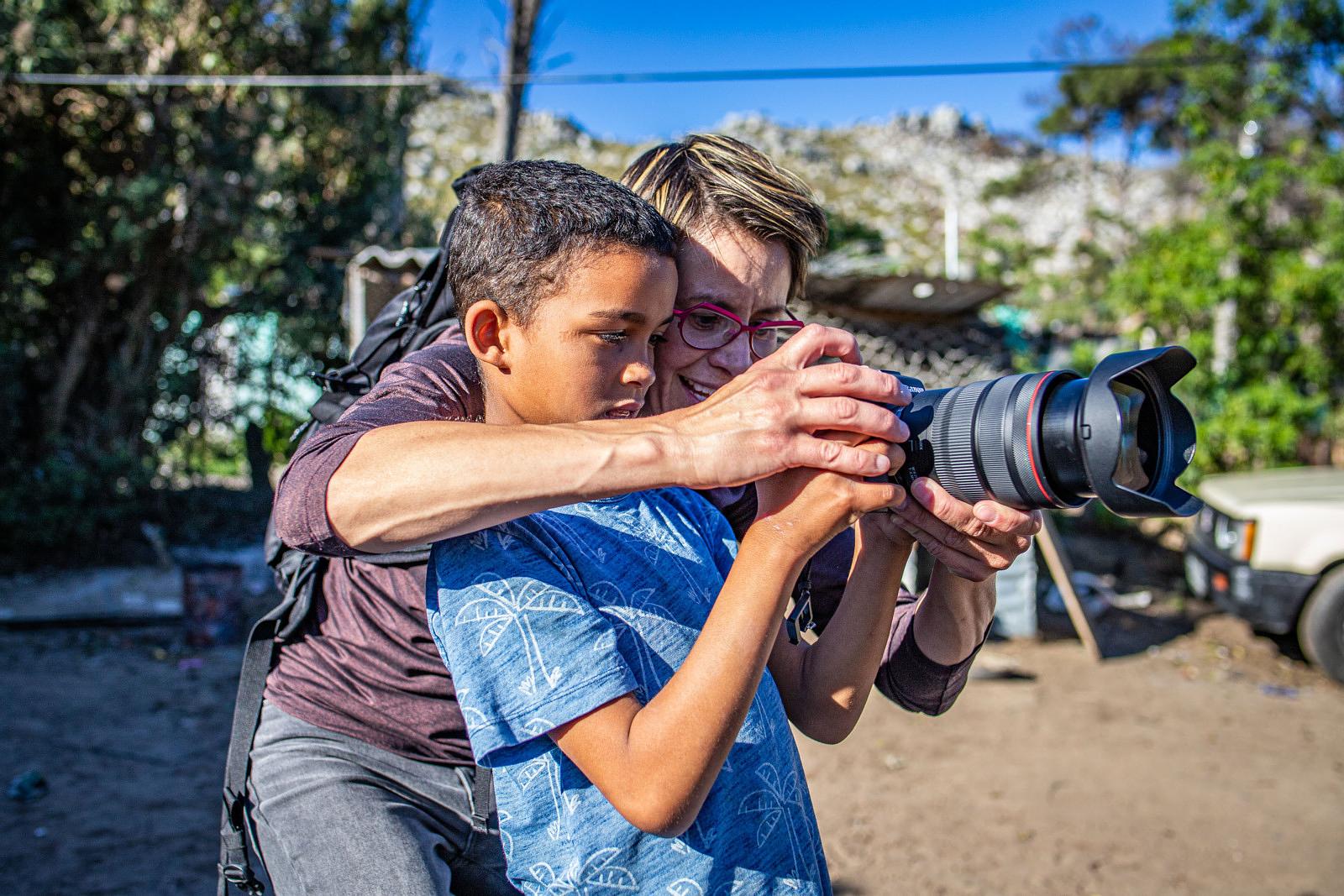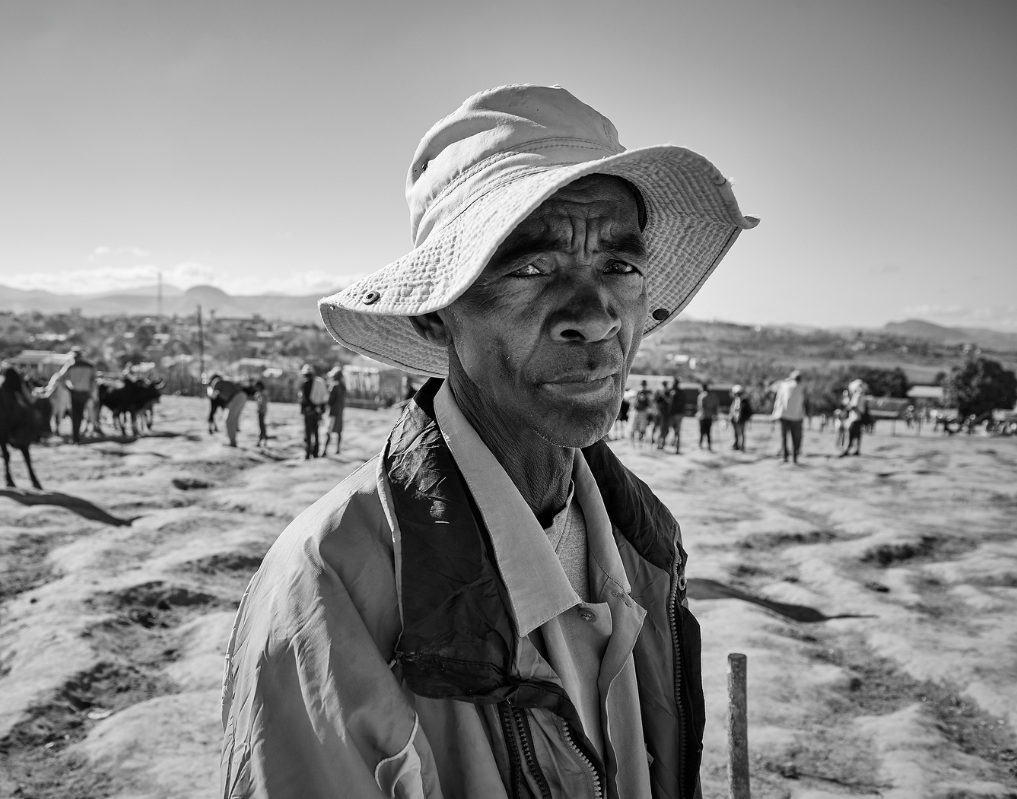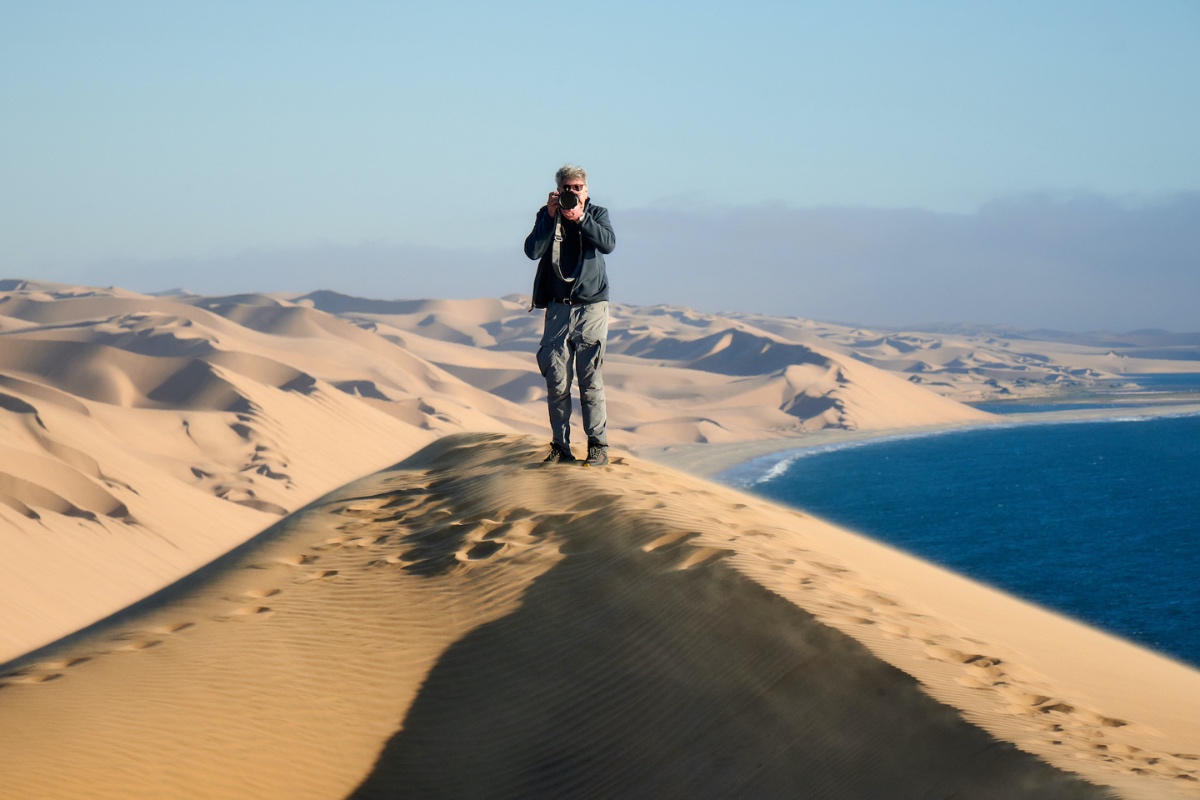6 Questions for Photographer Sarah Isaacs
Q&A SESSION ABOUT PHOTOGRAPHY AND SARAH’S INSPIRATION
When you join one of our photography workshops, you might have the good fortune of being hosted and tutored by Sarah Isaacs. Based in Cape Town, Sarah is a portrait and documentary photographer with a passion for exploring the social and economic challenges South Africa faces. She also travels extensively, capturing the beauty of the human spirit wherever she goes. This September, Sarah will be co-hosting our Cape Town Photography Workshop, which will explore the city’s colourful cultures and mind-blowing landscapes.
We asked Sarah to answer a few questions, and to share some of her best work.
What sparked your interest in photography?
I quit my job in a publishing house and pumped all my savings into a solo adventure through South America. During that time my camera was my only permanent buddy. Whether visiting Machu Picchu or walking to the corner shop, it was always at my side. I wasn’t continuously snapping but the knowledge that it was there made me see the world a little differently. I was curious about things that I would otherwise have overlooked. I sat for long periods of time on the sidewalk, watching people go by. I imagined what their lives might be like, I asked questions and I listened to the answers. Initially this was a selfish search for that “one great photo” but the more I stopped, looked and listened, the more naturally curiosity came. Bit by bit photographs became secondary as my desire to understand different human beings grew. This desire is I think what sparked my ongoing interest in photography – a desire to see people through a more nuanced lens, our strengths and vulnerabilities, our weirdness, our anger, our kindness, our beauty. If I can capture at least a couple of these layers in an image, great! If not, the process of engagement is itself a treat. Failing in photography is still a treat! What more could you possibly want from a profession?
What was your first camera, and what equipment do you use now?
My first camera was a Canon 1000D. I relied on the accompanying 18-55mm kit lens for the first year and in my second year, invested in the cheapest 24-105 lens I could find and used that for another year before moving over to a more professional kit. Now I use a Canon 5D Mk III, with a 6D as my backup, and the lenses I love and rely on most are my Canon 35mm f1.4 prime and Canon 24-70mm f1.8 to f2.8. I have a telephoto but seldom use it. Legs act as a great zoom.

Down a small alleyway in Jodhpur, an elderly man watches quietly as nighttime unfolds, surrounded by the extraordinary colours that typify India.

The Burmese fishermen of Inle Lake are quite unique. Using one leg to manage a single oar, they make circular motions that both project and direct their long-tailed boat forward. The other leg is used for balance while the hands cast a cone-shaped basket into the water. The movements are smooth and elegant, bodies lithe and balanced, like yoga master and ballet dancer merged into a single perfect person.
What are your main goals with photography?
To make images that celebrate humanity. To never stop learning.
Why travel and portrait photography?
I fell in love with photography through travel because there’s a certain freedom that comes from capturing a place that is completely new. At home we are restricted to a large extent by familiarity. I live in one of the world’s most beautiful cities yet I find it incredibly challenging to go out and photograph Cape Town. Overcoming this challenge of seeing newness in the familiar doesn’t exist when you travel so in many ways it is the least harrowing and freest form of photography. I also love travel photography because it makes the details of a place and its people all the more interesting. Its people watching at its best!
Portraiture demands empathy and I like that. Whether you are taking a travel portrait, fleeting in nature, or shooting in studio where the situation is “staged”, you have to put yourself in the shoes of the person in front of you. You have minutes, sometimes only seconds, to do this, so you have to dig deep. You have to find common ground, even with someone whom you believe to be fundamentally different from yourself. In a world where our differences are so often emphasized, portraiture asks that you pinpoint sameness as your starting point. From here you can start to explore and celebrate difference – you must – but if you start with a “me and them” approach, you will come across as judgemental and no one will open up to you if they feel they are being judged.
- From a series of portraits taken at an old age home in Woodstock, Cape Town. My mother – who is turning 74 this year – always tells me that growing old is not for sissies so I’ve started a body of work that might improve my understanding of what she means.
- Hill Station is a neighbourhood in Freetown characterised by large, stilted wooden houses, erected over a hundred years ago for British colonial administrators. It was the architecture – beautifully detailed, cracked, unmaintained, historic and undeniably odd – that first sparked my curiosity but it was the Hill Station residents that kept me going back. Over the course of a week I was allowed into a dozen homes, where I shot portraits of kind and willing strangers, and so the series became less about the houses and more about those who now call them home.
Who are some of your favourite photographers (past or present)?
Ami Vitale, Elliot Erwitt, Bob Gosani, Joe McNally, Tyrone Turner, Jodi Bieber, Cornel Van Heerden, Jacki Bruniquel, Lee Jeffries, and Steve McCurry (boring but true!)
Any secret techniques you can reveal?
Not so much techniques, but ways of being that I think make for better photographs. Be kind, smile, give a firm handshake, wear appropriate clothing (for women this often means covering shoulders and ankles which doesn’t mean you’re abandoning your feminist ideals), show respect, move slowly and be patient (no one likes or trusts a ninja who zooms into their circle, snaps a picture and then zooms off again), shoot wide and get close, ask questions, listen carefully, practice empathy, don’t judge (and if you can’t help yourself, learn to hide it), find the humour, celebrate weirdness, always be conscious of the changing quality of light even if – especially when – you’re not shooting, be suspicious of your camera’s light meter, don’t hate yourself for seeing the world in frames (doesn’t mean you’re not appreciating it, on the contrary you might start to understand it better), never believe you’ve got it (when you do, it’s time to stop), be your own harshest critic, allow yourself time to sit and daydream (for creatives this is work), don’t be scared of strangers, overcome fear of rejection, don’t be an asshole (unless you’re a product photographer in which case go ahead).

A throng of beautiful women and children sit huddled on the steps of a square in Udaipur, watching one of India’s great Hindu festivals – Holi – unfold. Faith orders and colours life in India. No matter how tough your circumstances are, there is always a reason to celebrate.
Visit Sarah’s website to see more of her work.








